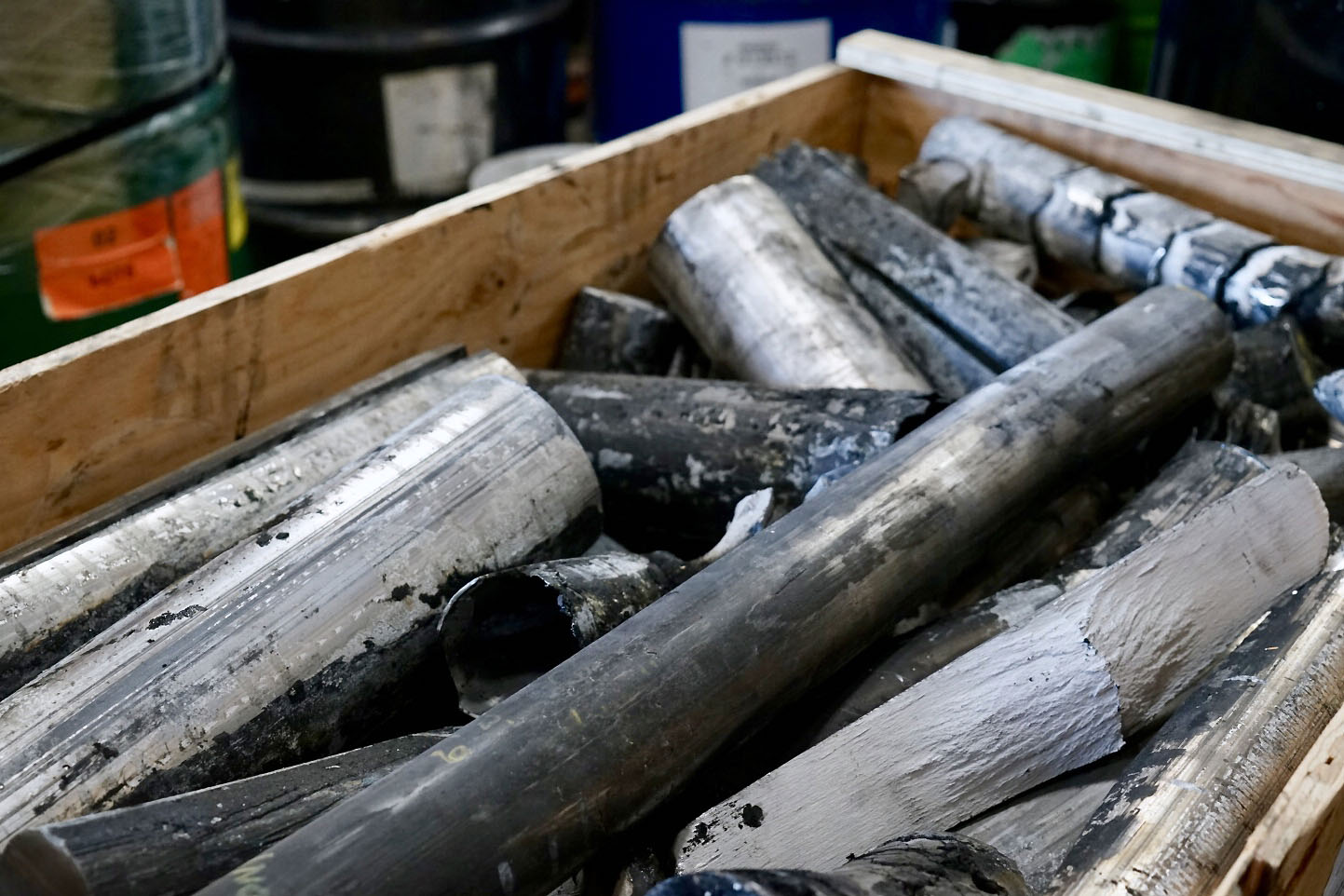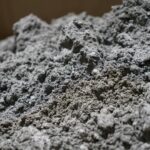
Developing alternative technologies to totally eliminate hazardous metal wastes is easier said than done, but recycling these hazardous waste metals is a solution to this problem.
Today, there are a number of manufacturers and industries generating secondary metal materials that are considered hazardous wastes, such as metal powders. And even with smaller amounts of metal materials being generated through modern additive manufacturing processes, hazardous metal materials still pose a problem for employee health and safety — and the environment.
While industries are always looking to reduce budgets, they are also facing growing costs to manage hazardous waste and landfill disposal. Today, disposing of hazardous metal materials, such as metal powders, is perceived as an environmental activity. As a result, money is spent. Recycling this material, however, would turn this expense into a profit center. Think about it. The main reason why many secondary metals are not being recycled is due to unclear regulations, which makes the process daunting. When regulations aren’t clear, it’s difficult for governments and industries to create an infrastructure for recycling hazardous waste materials.
Recycling Policies and Regulatory Conditions
Even though the EPA (Environmental Protection Agency) has aimed to promote metal waste recycling to protect human health and environment, there are materials excluded from the agency’s definition of solid waste. This discourages companies from participating in waste metal recycling because there are no clear directions on what industries should do with these materials.
Metal recycling is perceived to be helping the environment in the industrial world, it has existed for millennia as a profitable economic sector of an economy in its own right. Today, in many countries, the economics of collecting, sorting, transporting and converting scrap metal into products contributes to the economy more than the mining and refining of primary metal ores. As the demand for metals increases, recycling is becoming a part of the solution to complement the primary production of metals from the mining and extraction processes.
Globe Metal is Contributing to a Circular Economy
A circular economy is basically understood to be “a regenerative system in which resource input and waste, emissions, and energy leakage are minimized by slowing, closing, and narrowing energy and material loops.” This can be achieved through long-lasting design, maintenance, repair, reuse, remanufacturing, refurbishing, and recycling. This is in contrast to a linear economy, which follows a “’take, make, dispose” model of production.
Due to their internal structure, many metals can be recycled infinitely without losing any of their physical properties. Given this outstanding property of metals and its high recycling efficiency, recycling metals is one of the main contributors to a circular economy. There are several metals in varying industries that are hazardous, such as molybdenum, cobalt, zirconium, uranium, filter cakes, and spent catalysts. All secondary metal materials can be restored to their original form or converted into a different product, but they are still valuable. As recyclable metals become more valued, the infrastructure and networks for gathering and processing continue to grow in both Europe and North America. Unfortunately, there is a lack of infrastructure in the developing world. In countries like India, for example, it’s easier to continue to “burn in landfills.” How to regulate the management of hazardous metal waste is a massive problem in these countries and solving the problem needs vision and leadership. Globe Metal is contributing and playing an important role globally in this area.
We Ship Secondary Materials Safely Around the Globe Everyday
Working with a variety of capturing technologies, our handling of metal waste powders is safe and secure. As experts in metal materials management and logistics, all Safety Data Sheets (SDS) and permits are processed, shipped and validated by leading companies and third party regulators. There is no amount of secondary metal materials, powder or scrap too small at Globe Metal. We purchase volumes from pounds to pallet loads of material.
Whether you are situated in Europe, Asia, America or anywhere else, we can arrange pick-up of your materials. Reach out to our leading account manager Josh Lifshitz, he will be happy to help you recycle your metals.
Read also:


